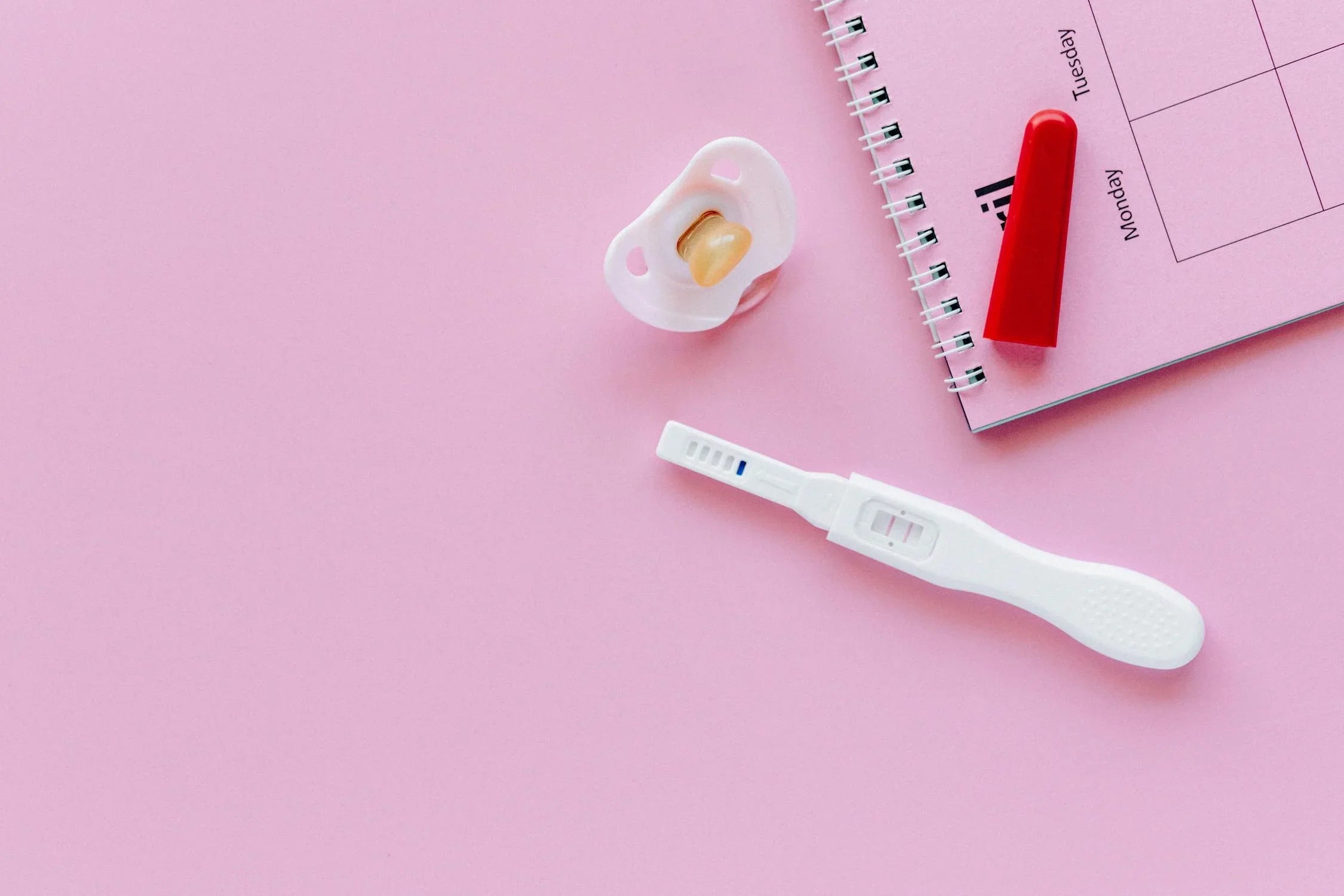Accueil
Pregnancy, Breastfeeding, and Pumping: The Ultimate Guide for Moms
Can You Take a Pregnancy Test 10 Days After Intercourse?

Can You Take a Pregnancy Test 10 Days After Intercourse?
When it comes to pregnancy tests, timing is everything. Many women wonder, 'Can you take a pregnancy test 10 days after intercourse?' The answer isn't as straightforward as you might think. This article will delve into the details of pregnancy testing, including when to take a test, how accurate it is, and what factors can influence the results.
Understanding Pregnancy Tests
Pregnancy tests work by detecting the presence of human chorionic gonadotropin (hCG), a hormone produced by the placenta shortly after a fertilized egg attaches to the uterine lining. The levels of hCG increase rapidly in the early stages of pregnancy, doubling approximately every 48 to 72 hours.
When Can You Take a Pregnancy Test?
The timing of a pregnancy test is crucial for accurate results. While some tests claim to detect pregnancy as early as 6 days before a missed period, the accuracy increases significantly after the first day of a missed period. Taking a test 10 days after intercourse may be too early for some women, especially if ovulation occurred later in the menstrual cycle.
Factors Affecting Test Accuracy
Several factors can influence the accuracy of a pregnancy test taken 10 days after intercourse. These include the sensitivity of the test, the timing of ovulation, and the implantation of the fertilized egg. Additionally, certain medications and medical conditions can affect hCG levels, leading to false positives or negatives.
How to Increase Test Accuracy
To increase the accuracy of a pregnancy test, it's essential to follow the instructions carefully. Use the first urine of the morning, as it contains the highest concentration of hCG. If the test is negative but you still suspect pregnancy, wait a few days and retest. Consulting a healthcare provider for a blood test can also provide more definitive results.
What to Do After a Positive Test
A positive pregnancy test can be both exciting and overwhelming. It's important to schedule an appointment with a healthcare provider to confirm the pregnancy and begin prenatal care. Early prenatal care is crucial for the health of both the mother and the developing baby.
What to Do After a Negative Test
If the test is negative but you still experience pregnancy symptoms, it's possible that the test was taken too early. Wait a few days and retest. If symptoms persist or you have concerns, consult a healthcare provider for further evaluation.
Common Misconceptions About Pregnancy Tests
There are several misconceptions about pregnancy tests that can lead to confusion. One common myth is that all tests are equally accurate. In reality, the sensitivity of tests varies, and some are better at detecting early pregnancy than others. Another misconception is that a negative test definitively means you're not pregnant, which isn't always the case.
Emotional Considerations
Taking a pregnancy test can be an emotional experience, regardless of the result. It's important to approach the process with a clear mind and realistic expectations. If you're trying to conceive, consider discussing your plans with a healthcare provider to ensure you're taking the right steps for a healthy pregnancy.
Final Thoughts
Taking a pregnancy test 10 days after intercourse can provide some insight, but it's not always definitive. Understanding the factors that influence test accuracy and knowing when to take a test can help you make informed decisions. Whether you're hoping for a positive or negative result, it's essential to approach the process with care and patience.
If you're unsure about the results or have concerns about your reproductive health, don't hesitate to seek professional advice. Your healthcare provider can offer guidance and support, helping you navigate this important stage of your life with confidence.
Partager
